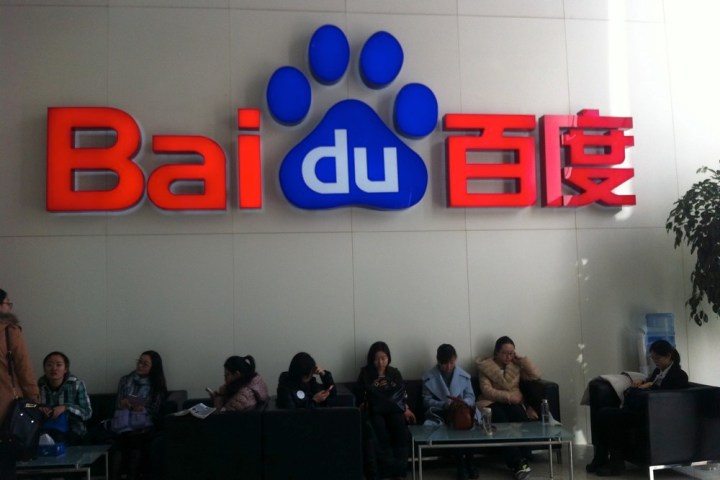
Baidu has already set up an entire business unit dedicated solely to automobiles and self-driving technology (much in the same way Google has done with its own initiatives). And while Baidu was a bit slow at getting off the starting line (Google began working on autonomous vehicles back in 2009), it seems that the Chinese company is doing more than its fair share to make up for lost time.
It’s unclear just how far along Baidu actually has advanced in terms of bringing its dreams of autonomous buses to fruition — no information has yet been revealed regarding investments or investors in the project, nor has Baidu released potential partner names concerning bus manufacturers. That said, Baidu is known to be working alongside BMW AG for its passenger vehicle (though it seems unlikely that BMW would pursue the large-scale production of buses).
Self-driving vehicles have become the latest metric by which various tech companies seem to be measuring themselves — in addition to Baidu and Google, a number of other heavyweights have thrown their hats in the proverbial ring. Apple is working on its own version of an autonomous car, and Alibaba Group Holding has unveiled plans for a self-driving car in conjunction with China’s SAIC Motor Corp.
Things are heating up in the self-driving world, and if you hate driving, the result of this competition can only be good news.
Editors' Recommendations
- Tesla Autopilot vs. full self-driving: What’s the difference?
- Beleaguered robotaxi startup Cruise lays off quarter of workforce
- Cruise’s robotaxi service suspended by California regulator
- Waymo expands robotaxi service area in San Francisco
- Cruise autonomous vehicle drives over woman just after she was hit by another car


